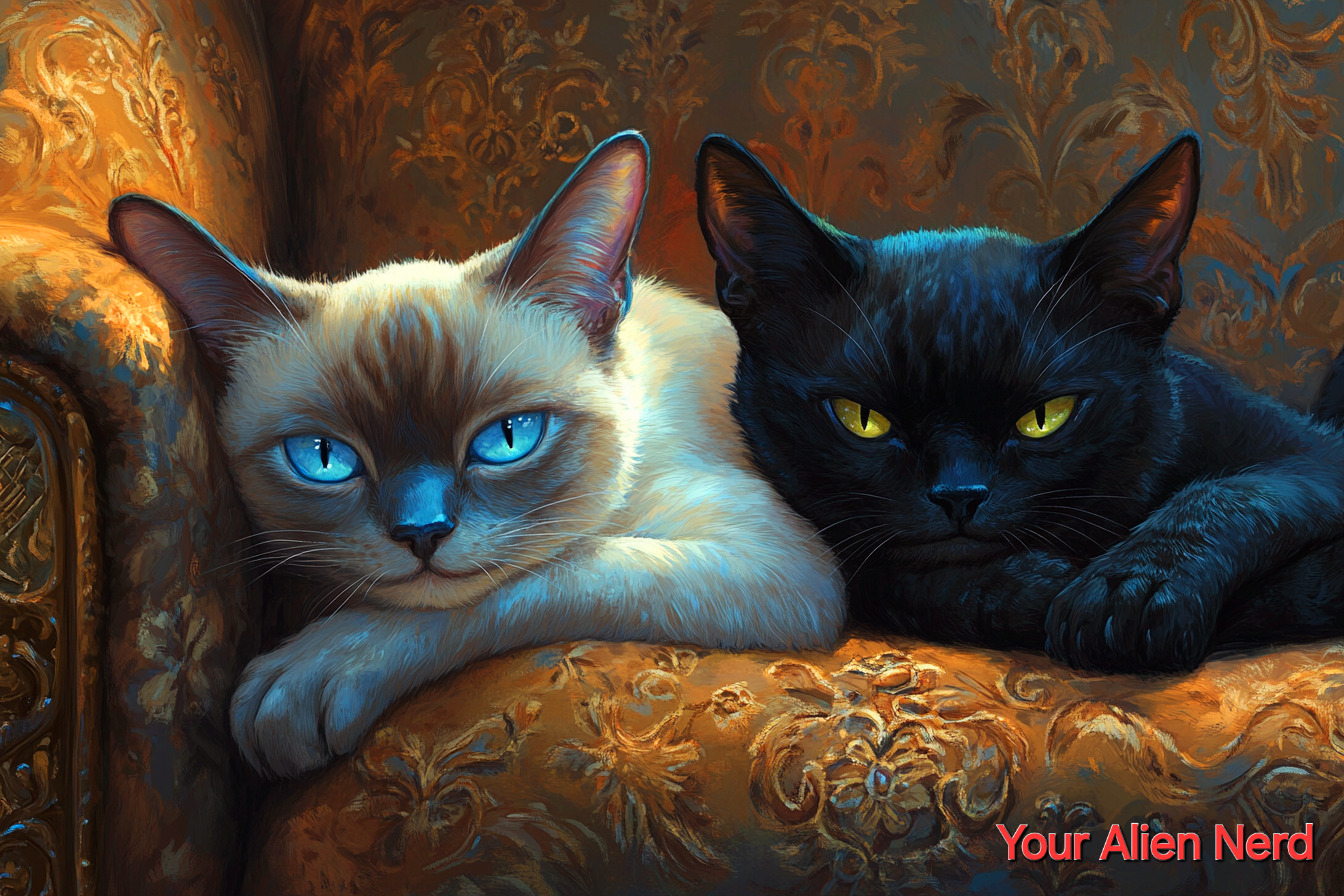ARE CATS JEALOUS? HERE’S HOW TO FIND OUT
2024-01-09
Introduction Are cats jealous? You’ll likely answer no if you never lived with a cat, but most owners say otherwise. My cat, Chettoh (see this and this post), recently got a rival. After more than fourteen years as an only son, he now has to compete with another cat, aContinue Reading


